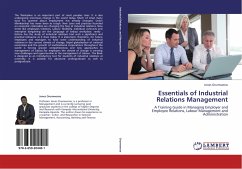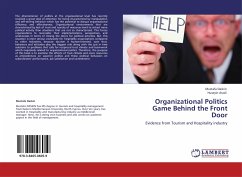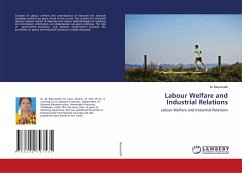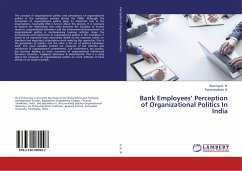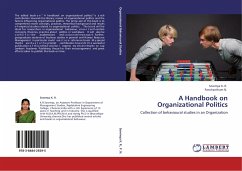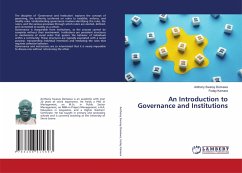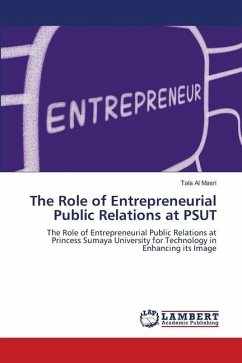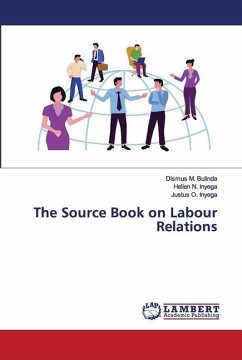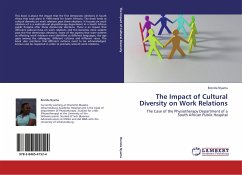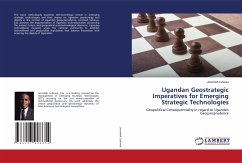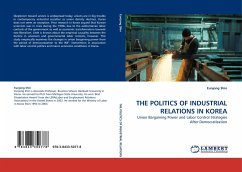
THE POLITICS OF INDUSTRIAL RELATIONS IN KOREA
Union Bargaining Power and Labor Control Strategies After Democratization
Versandkostenfrei!
Versandfertig in 6-10 Tagen
45,99 €
inkl. MwSt.

PAYBACK Punkte
23 °P sammeln!
Skepticism toward unions is widespread today; unions are in big trouble in contemporary industrial societies as union density declines. Korea does not seem an exception. Prior research in Korea argued that Korean unionism was in crisis during the 1990s due to the authoritarian labor controls of the government as well as economic transformation towards neo-liberalism. Little is known about the empirical causality between the decline in unionism and governmental labor controls, however. This study empirically examines the changes in union bargaining power from the period of democratization to th...
Skepticism toward unions is widespread today; unions are in big trouble in contemporary industrial societies as union density declines. Korea does not seem an exception. Prior research in Korea argued that Korean unionism was in crisis during the 1990s due to the authoritarian labor controls of the government as well as economic transformation towards neo-liberalism. Little is known about the empirical causality between the decline in unionism and governmental labor controls, however. This study empirically examines the changes in union bargaining power from the period of democratization to the IMF- intervention in association with labor control politics and macro economic conditions in Korea.



